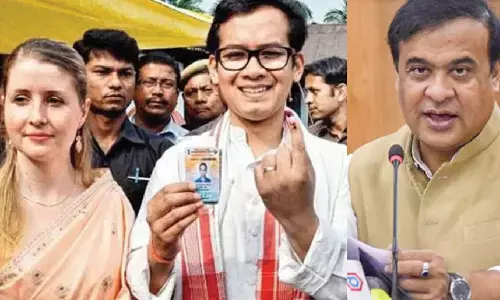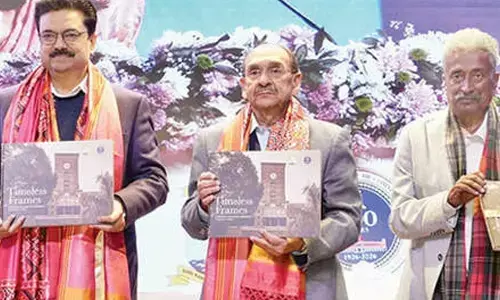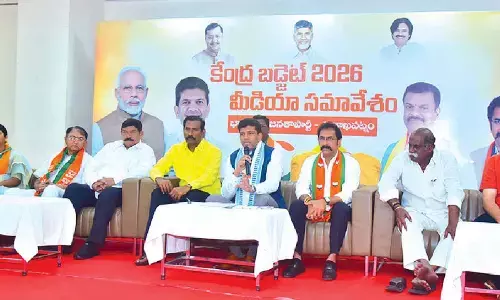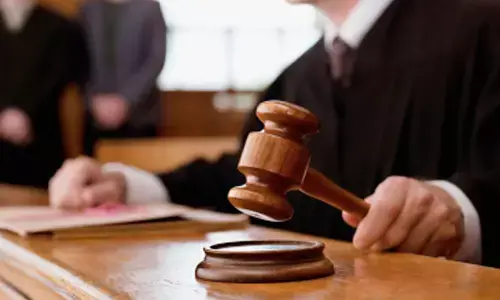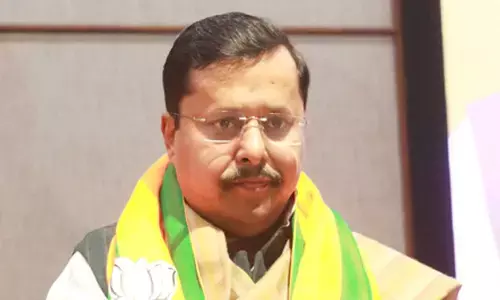The judge who stood up to Indira Gandhi
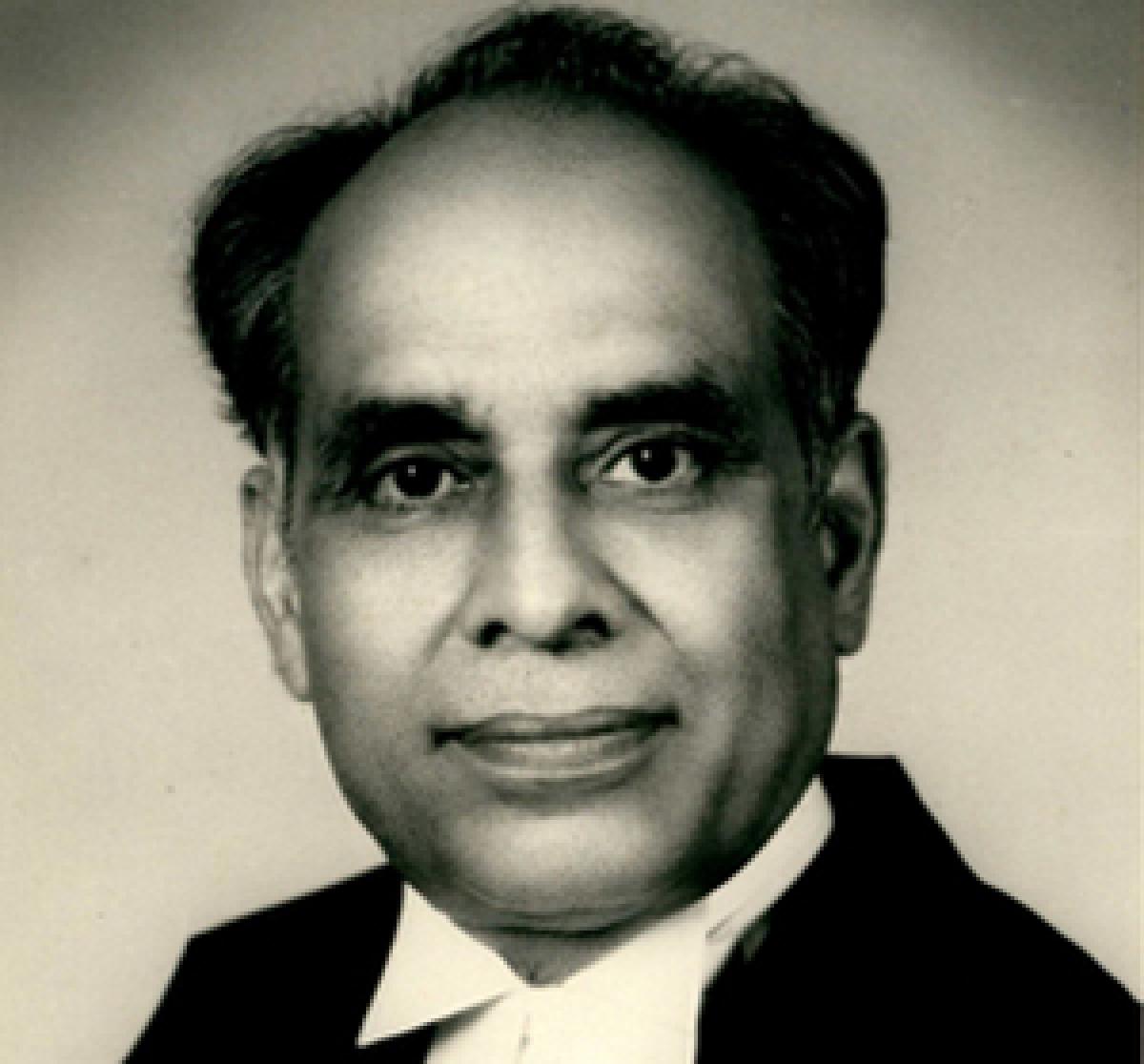
The judge who stood up to Indira Gandhi. 3 July, 2012 marks the 100th birth anniversary of late Hon’ble Justice Hans Raj Khanna, the lone dissenter in ADM Jabalpur case. I would say that Justice Khanna is one of the bravest and fearless Judges the Indian Supreme Court has ever seen.
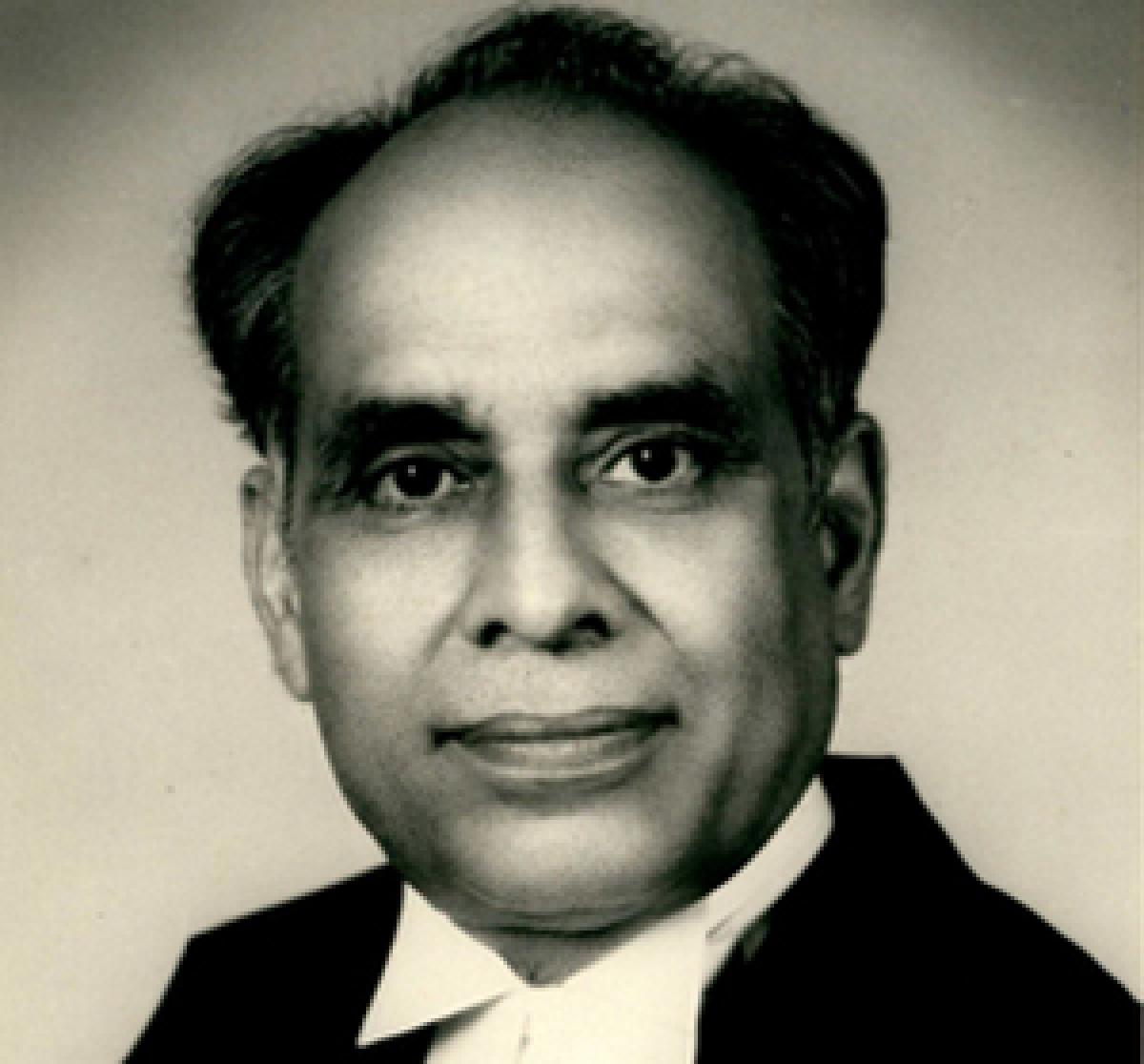 3 July, 2012 marks the 100th birth anniversary of late Hon’ble Justice Hans Raj Khanna, the lone dissenter in ADM Jabalpur case. I would say that Justice Khanna is one of the bravest and fearless Judges the Indian Supreme Court has ever seen.
3 July, 2012 marks the 100th birth anniversary of late Hon’ble Justice Hans Raj Khanna, the lone dissenter in ADM Jabalpur case. I would say that Justice Khanna is one of the bravest and fearless Judges the Indian Supreme Court has ever seen.
The New York Times on 30 April, 1976, wrote an editorial about the case which has become locus classicus now: “If India ever finds its way back to the freedom and democracy that were proud hallmarks of its first eighteen years as an independent nation, someone will surely erect a monument to Justice H R Khanna of the Supreme Court.
It was Justice Khanna who spoke out fearlessly and eloquently for freedom this week in dissenting from the Court’s decision upholding the right of Prime Minister Indira Gandhi’s Government to imprison political opponents at will and without court hearings... The submission of an independent judiciary to absolutist government is virtually the last step in the destruction of a democratic society; and the Indian Supreme Court’s decision appears close to utter surrender.”
Though Justice Khanna is often remembered for the dissent in ADM Jabalpur case, his deciding vote in the Keshavananda Bharathi case which asserted the fundamental dignity and freedom of the individual also might have cost him the chair of Chief Justice of India (CJI). Justice Khanna’s decision was very crucial in the seven-six decision of the Keshavananda Bharathi case.
Of all the judges who had decided against the government’s position in that case, he was the only one who had not yet retired when the time came to be appointed the CJI. Based on the seniority norm, prevalent in Supreme Court, Justice Khanna was to be appointed as the CJI. However, on 28 January, 1977, Justice M H Beg, who decided in favour of the government, was appointed instead.
In his autobiography. ‘Neither Roses Nor Thorns,’ Justice Khanna revealed that he knew that his dissenting judgement in the ADM Jabalpur case had cost him the chair of CJI. Without submitting to the majority, the lone crusader of democracy upheld the dignity of the Court during the testing times.
George H Gadbois has noted in his book Judges of the Supreme Court of India that when the Janata government came to power after the Emergency they asked Justice Khanna to head the Maruti Commission of Inquiry and he declined. This was particularly due to the fact that he might have to deal with Mrs Indira Gandhi and her son Sanjay Gandhi, and that because he had been denied the post of CJI by Mrs Gandhi, some sections of the public might not have confidence in his objectivity.
Gadbois also noted that, later when Justice Khanna became the Chairman of the Eighth Law Commission, he served in this capacity without salary so as to underline his independence from the government. Also, Justice Khanna’s qualms about holding the post in the Ministry of Law, Justice and Company Affairs made him resign from the post, three days after the swearing-in of the new ministry. All these instances are a reflection of the great virtues Justice Khanna held during his life and an indication of a finest class of professional.
Justice Khanna’s words in his book Making of India's Constitution, is a constant reminder to the people of this nation. He said: “If the Indian constitution is our heritage bequeathed to us by our founding fathers, no less are we, the people of India, the trustees and custodians of the values which pulsate within its provisions! A constitution is not a parchment of paper; it is a way of life and has to be lived up to. Eternal vigilance is the price of liberty and in the final analysis, its only keepers are the people. Imbecility of men, history teaches us, always invites the impudence of power.” Justice Khanna died at the age of ninety-five on 25 February, 2008 during his sleep. I am not sure if there would be another Justice Khanna in the Supreme Court of India!
By Raghul Sudheesh








